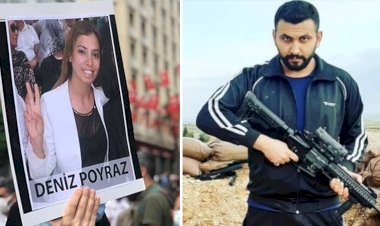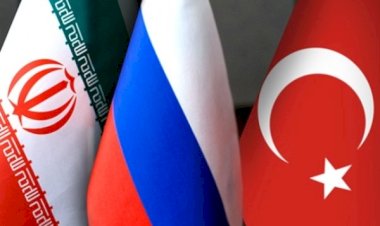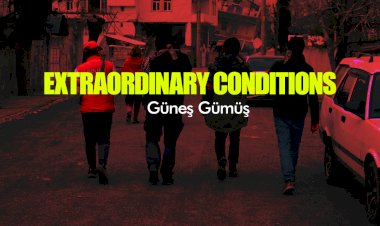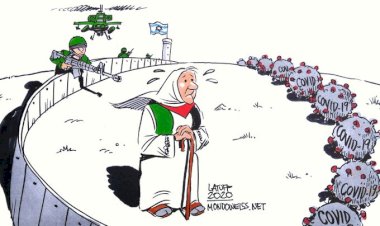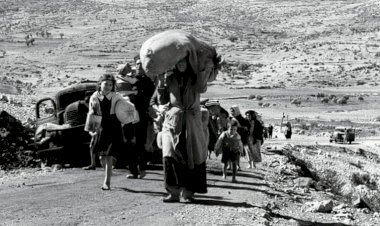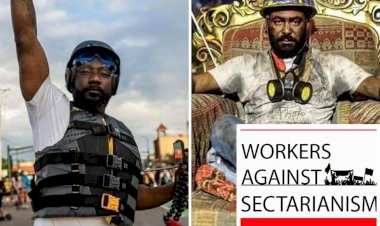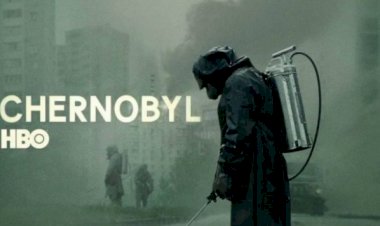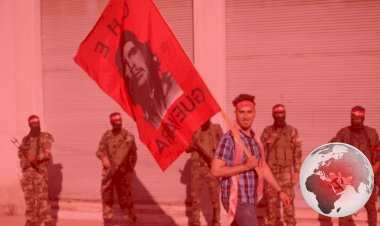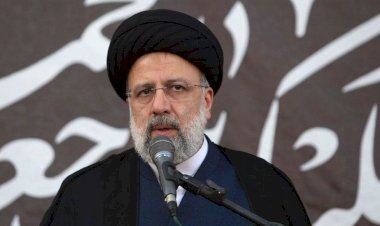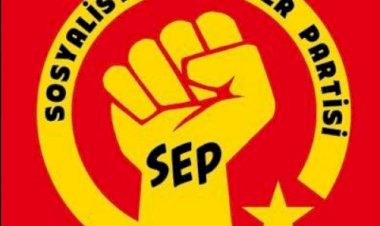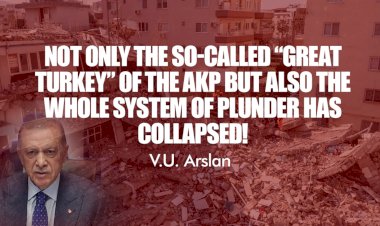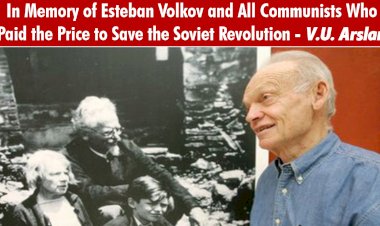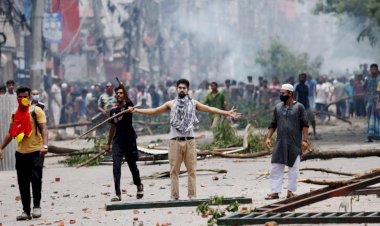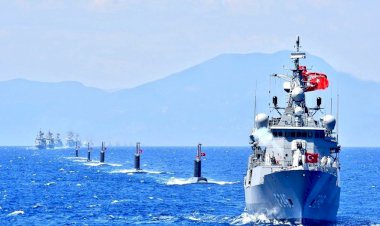Red Action / Red Initiative (Serbia/Croatia)| STATE TERROR IN SERBIA – A NEW FAILED RESPONSE TO THE CRISIS OF POWER
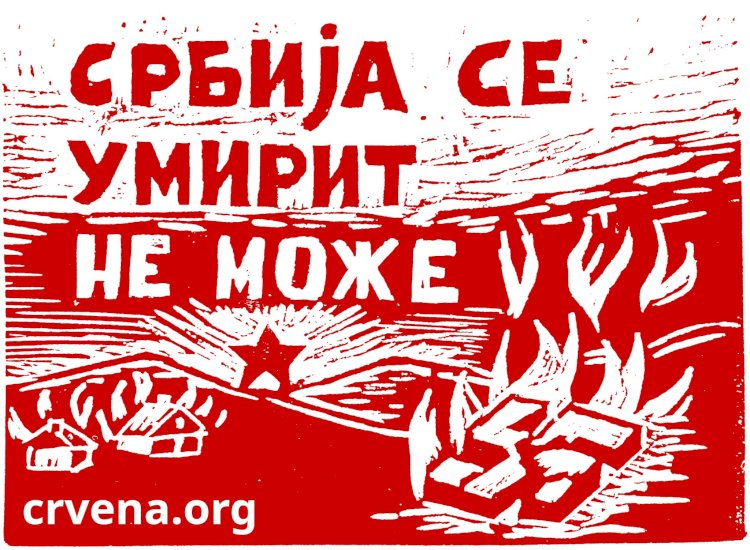
In Serbia, which continues a massive mass struggle led by youth, the government began to apply state pressure against the ongoing protests. We publish the statement, which provides important details about the stage that the protests, of the Red Action / Red Initiative from Serbia/Croatia on the state terror and the wave of repression:
On Saturday, March 15, the largest demonstrations in the history of Serbia took place. The number of attendees at the rally called "15 for 15" in Belgrade has certainly surpassed all previous mass political gatherings.
This is not a surprise. The current political moment in Serbia is marked by a specific mass people's movement led by students. The mobilization they have carried out in the last four and a half months, in response to the train station collapse in Novi Sad in which 15 people died, has affected both urban centers and rural areas across the entire country.
Expectations for 15th of March were high. The tension was heightened, primarily and to the greatest extent, by the authorities, but certain voices from political forces also contributed, attempting to redirect the protest towards certain ideas that do not have broad popular support. This includes mostly liberal “pro-Western” opposition parties, which hope for a potential coup that could lead them to power without mass support for their political program.
Both of these factions (government and opposition) from the so-called larger political scene wanted to present this day as key and decisive. Even some of those forces who occasionally, in a somewhat sentimental tone, speak highly of the student movement, tried to impose the idea of a “D-Day,” contrary to the stance of the student plenums [Assemblies] which was clearly presented to the public.
In short, on that day, with great maneuvering abilities, violence was avoided, for which the state and its repressive apparatus had been preparing for weeks; an improvised camp of government supporters in Pioneer Park, mobilization of parts of the hooligan and mafia structure tied to various domestic services and interest groups, media escalation of the atmosphere of some final reckoning, and so on.
The so-called secret police, currently known as the BIA, applied pressure on transporting firms, threatening them with license plate removal and extraordinary technical checks of vehicles if they were transporting protesters, with some even mentioning threats of vehicle confiscation, with the with the aim of stopping the arrival of protesters in Belgrade.
The day before the start of the demonstrations, it was clear that this operation of pressure, which included declaring a working Saturday in state-owned enterprises that usually do not work on Saturdays and similar creative attempts, had completely failed. Even if they managed to stop someone, this could not be seen on the streets of Belgrade, as the number of arrivals was unprecedented.
Thus, the state apparatus resorted to an atmosphere of fear and terror, which initially yielded no results because the political process had now turned against the greedy, cynical, unscrupulous, and above all, corrupt government.
In the end, the historic character of the rally was marked by an incident that will be talked about for a long time: during the tribute to the victims with a fifteen-minute silence, an as-yet unknown weapon was used, with some claiming it was the so-called "sound cannon," while others suggested it might have been a kind of "air cannon."
The higher public prosecutor’s office, one of the most infamous institutions due to many failures and protection of the interests of the most powerful, and which is one of the themes of the student rebellion because it has been unable for months to determine who attacked students with a car in New Belgrade, has harshly announced that it will urgently prosecute those spreading news about the use of this weapon for disinformation and spreading panic.
One must say – these are acts of state terror. At this stage of the crisis of power, the authorities respond with terrorism. The use of whatever means was employed, with the aim of creating panic, a stampede, and ultimately police intervention and open violence, is a special operation aimed at sowing fear, that is, terror.
That plan failed, that is obvious. The open provocation of force and injustice, the open terror that exposes a large number of people, are always moves of the desperate. The masses were not frightened; on the contrary. The impression is that exactly such moves are drawing more and more people into the struggle.
***
Regarding our collective's participation in this rally, it was marked by the fact that we have most openly so far appeared with our revolutionary and communist symbols. We have so far disciplinedly adhered to the organizers' recommendations not to display our collective's symbols. However, we could not fail to notice the intrusiveness of individuals with far-right symbols on their caps, as well as the numerous religious flags that have since been normalized as "neutral." This includes the "no surrender" flag that focuses on Kosovo.
We critically observed the tolerance of extreme right-wing elements, for which we hope they will be put in their place, primarily by more actions of progressive forces. We do not disrupt unity if we act under symbols of brotherhood and sisterhood, if our slogans are more accurate and correct, if we are simply more visible, because that is what we should be.
Religious symbols, including church banners, flags with the image of Jesus, icons, and other church symbols, are fighting for further penetration of religious conservative politics in society, but also wage a battle against the church hierarchy, which they wish to present as a general battle. Wearing church symbols at this moment represents a rebellion against Serbian Orthodox Church leader, Patriarch Porfirije, and most of the bishops who have declared themselves against the protests.
We fight for secularism and believe that the church should not interfere in social life. We also believe that those fighting for power within the church structure should do so in the places designated for that, where the church structure operates. In other words, the struggle for power in the Church should take place within the territory of the Church and among its flock, not beyond that.
We must state that the direct democratic character of the student rebellion introduces a new quality into Serbia’s political life. The politics of the bourgeois parliamentary parties had been alienated from the masses. Now, the masses are creating them, and the political parties are lagging behind, trying with old traditional techniques – the media and manipulation – to redirect the course of the process to their own advantage.
So far, they have not succeeded, thanks to the complexity of the plenary organization [students’ Assemblies in occupied universities]. It is also clear that, despite the terror they are currently using, the authorities will have to resort to elections, as they actually do not have the strength for open dictatorship, despite the oversized (and obviously equipped with secret weapons) police apparatus.
This is an opportunity for all those who now want to come to power to actually get involved. If they believe in parliamentary democracy, it would be better for them to prepare for what is coming instead of trying to redirect and take over a protest that obviously does not want them as leaders.
In the end – the Belgrade rally, despite the apparent anticlimax, represents a new phase in this struggle. Now, the terror of one group of comprador and entrepreneurial-criminal bourgeoisie must be broken, against a movement that brings progress in political life and the struggle within Serbian society.
We, as a political collective, do not participate in the struggle for power in this process. Our goal is to strengthen progressive elements, help their organization, and keep the critique of capitalism visible, as the fundamental character of capitalism is the production of such tragedies, as the one that happened in Novi Sad or now in Kočani [In Macedonia].
Our struggle goes beyond the change of one government within the same legal and political order. It goes beyond politics in just one country. It applies to all those who fall as victims every day in Serbia, Croatia, Greece, Macedonia, and all parts of the world, when the contradictions of capitalism are at the root.
We fight for justice that is not pronounced in courts.
At this moment – against the terror of the authorities!
Red Action / Red Initiative (Serbia/Croatia)
Source: https://crvena.org/2025/03/17/drzavni-teror-novi-bezuspesni-odgovor-na-krizu-vlasti/



